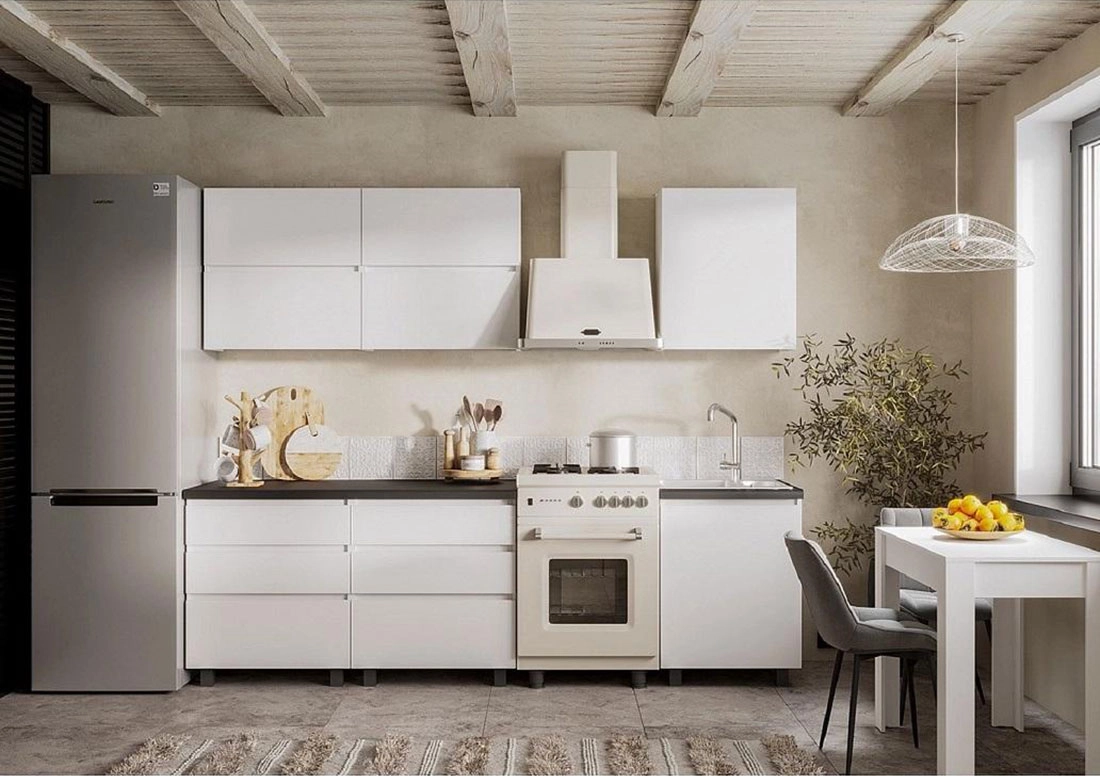
The Impact of Thoughtful Layouts on Kitchen Enjoyment
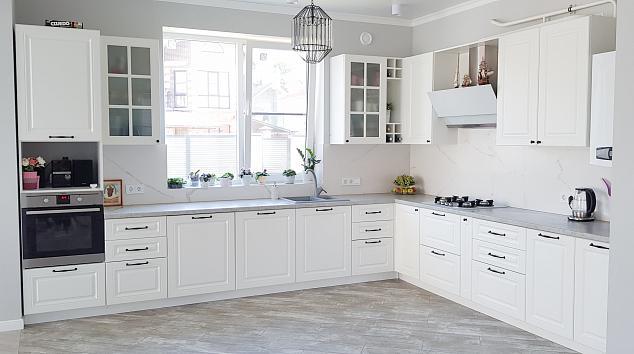
Dwelvixo has successfully completed the initial research and conceptual design phase for its innovative kitchen ergonomics project. This significant milestone aims to enhance user enjoyment and efficiency within kitchen spaces. The phase involved extensive user studies and iterative design workshops, culminating in a refined set of layout principles. These principles prioritize intuitive flow and accessibility, laying a strong foundation for future development and ensuring our solutions truly resonate with user needs.
The project spanned a rigorous three-month period, employing a blend of qualitative and quantitative research methods. Our approach began with in-depth interviews and observational studies in various home kitchen environments, identifying common pain points and usage patterns. Following this, we organized several co-creation workshops with diverse participants, from professional chefs to home cooks.
These sessions enabled rapid prototyping and immediate feedback on early design concepts. A key feature was the iterative loop of design, testing, and refinement, ensuring each principle was thoroughly validated against real-world scenarios. This collaborative journey was crucial in shaping layouts that are not just aesthetically pleasing but also highly functional and user-centric.
From a technical perspective, the project presented unique challenges in translating abstract ergonomic principles into tangible, adaptable design modules. We leveraged advanced 3D modeling software, specifically Blender and SketchUp Pro, to create detailed virtual kitchen environments for simulation.
A significant hurdle was developing a parametric design system capable of adjusting layouts based on varying kitchen dimensions and user preferences, all without compromising core ergonomic integrity. Our team adopted an agile development approach, breaking down complex design problems into smaller sprints. This allowed for continuous integration of feedback and swift adaptation. Custom scripting within our design tools was also essential for automating repetitive tasks and ensuring precision in spatial analyses, ultimately streamlining the design iteration process.
With the conceptual design phase successfully concluded, the next stage will focus on developing detailed engineering specifications and creating functional prototypes. We anticipate commencing pilot installations in selected test environments within the next quarter. This will provide invaluable real-world data and further opportunities for refinement before a broader implementation. Our goal remains to deliver kitchen solutions that truly elevate the daily experience for our users.
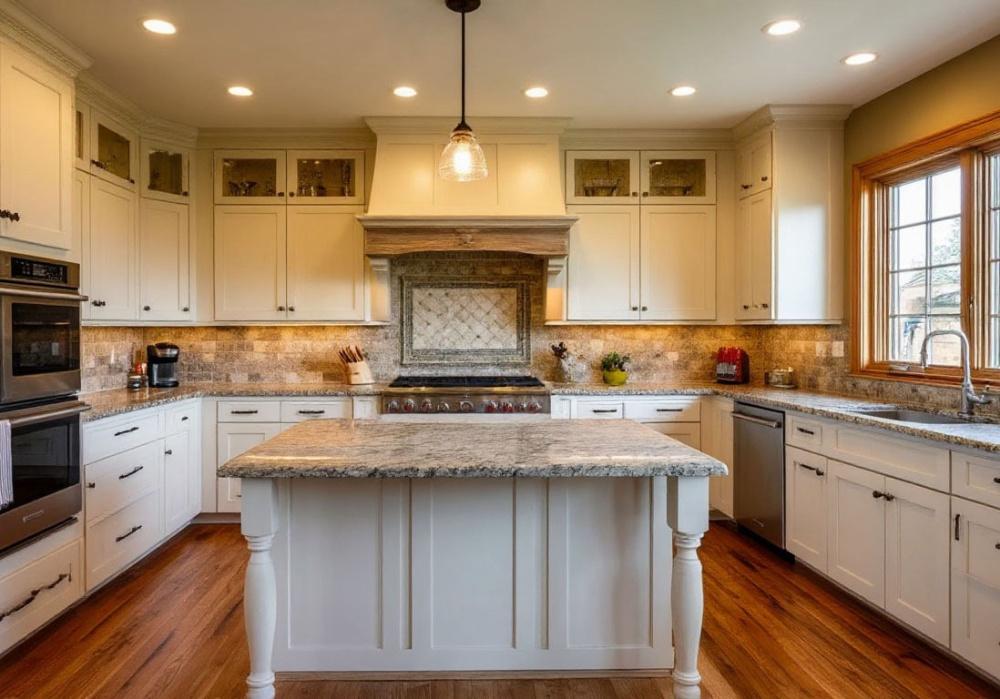
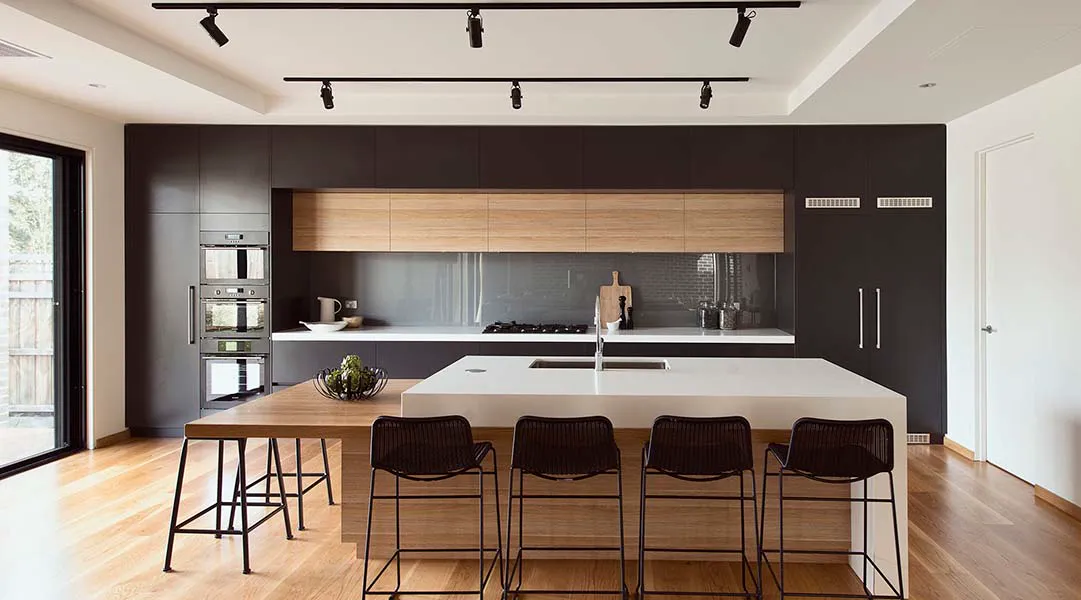
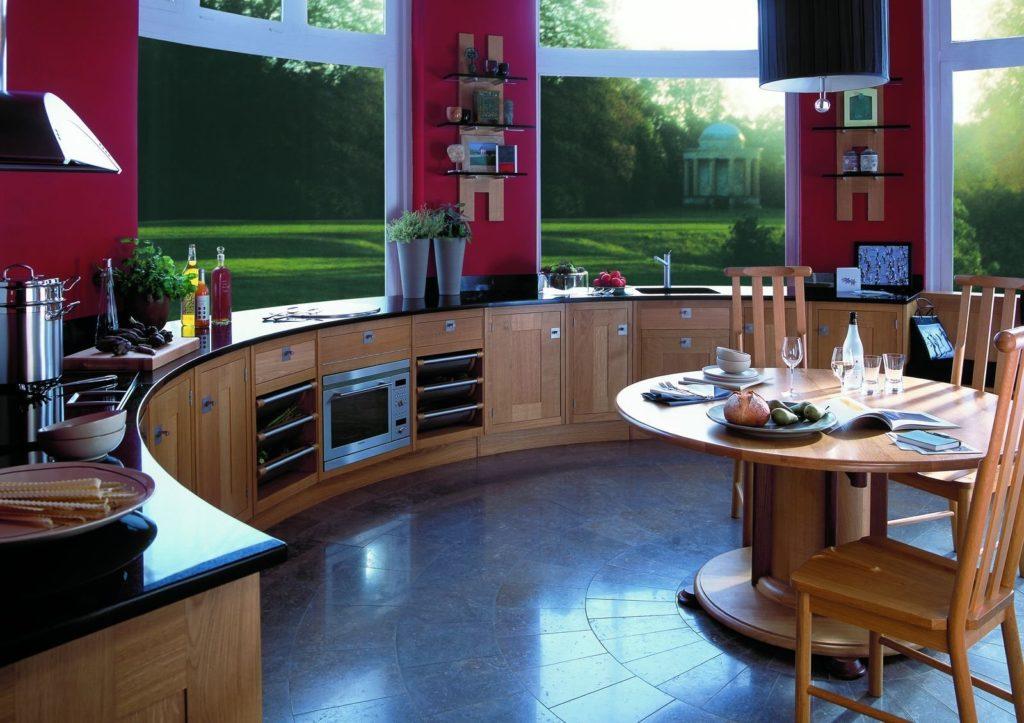
Taiga Miyake
This is fantastic news! It's great to see Dwelvixo pushing boundaries in kitchen design. I'm really looking forward to seeing the prototypes.
Yami Shimizu
Thank you for your enthusiasm! We are equally excited about the next phase and appreciate your continued interest in our advancements.
Emiya Kasahara
The focus on user studies and iterative design sounds very thorough. How do you plan to scale these personalized layouts for different home sizes?
Ryoji Takigawa
That's an excellent question. Our parametric design system is specifically engineered to adapt layouts to various dimensions while maintaining core ergonomic principles. We'll share more details on this during the pilot phase.